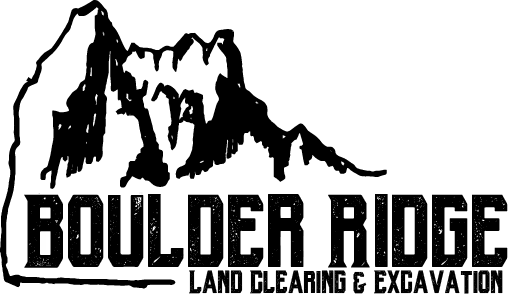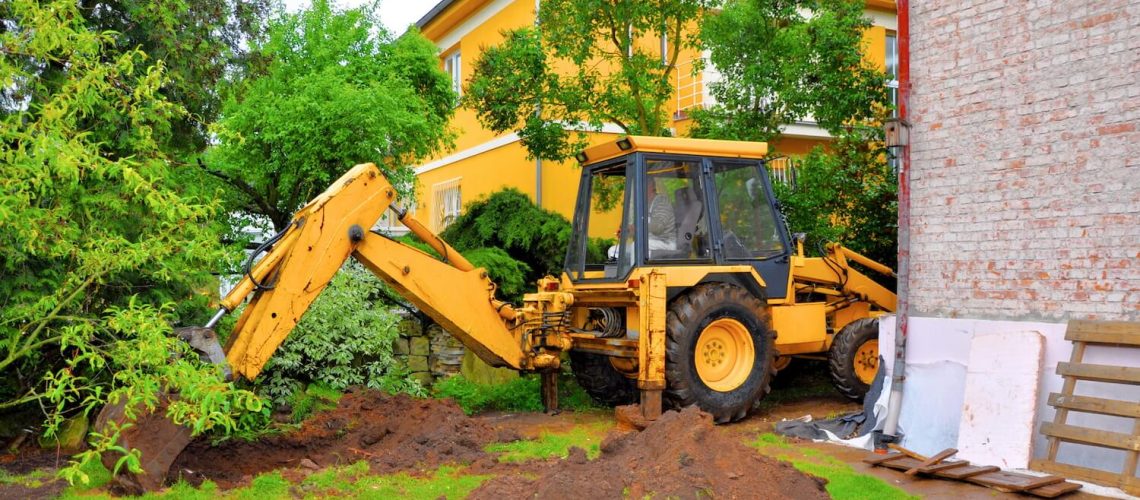Understanding the cost of land clearing and excavation services is essential for planning and budgeting your construction or landscaping project. Whether you are preparing a site for a new building, creating space for landscaping, or undertaking a land development project, it’s crucial to have a clear understanding of the factors that influence the cost.
In this article, we will explore the key considerations that affect the cost of land clearing and excavation services, empowering you to make informed decisions and effectively manage your project.
Land Site Assessment and Project Scope
The initial site assessment and project scope play a significant role in determining the cost of land clearing and excavation services. Factors such as the size of the area, terrain conditions, the presence of trees or rocks, and the complexity of the project all impact the overall cost. A thorough evaluation by a professional contractor will help determine the specific requirements and identify any potential challenges that may affect the cost.
Land Preparation and Land Clearing
The process of land preparation and clearing involves the removal of vegetation, trees, rocks, and debris to create a clean and level site. The extent of clearing required can vary greatly depending on the existing vegetation and site conditions. Large trees, dense vegetation, or rocky terrain may require specialized equipment and additional labor, which can increase the cost. It is crucial to discuss the specific land clearing requirements with the contractor to accurately estimate the cost.
Land Excavation and Grading
Excavation and grading are necessary for projects that require earthmoving, leveling, or creating slopes on the site. The cost of excavation and grading depends on the volume of earth to be moved, the type of soil or rock present, and the required precision. Projects involving extensive excavation, such as basements or foundation work, will typically incur higher costs due to the complexity and equipment requirements. It is important to communicate your grading and excavation needs clearly with the contractor to receive an accurate cost estimate.
Access and Site Conditions
The accessibility of the site and its existing conditions can impact the cost of land clearing and excavation services. Difficult terrain, restricted access, or limited maneuverability for heavy machinery may require additional time, effort, or alternative equipment, resulting in increased costs. It is crucial to assess the site conditions beforehand and discuss any potential challenges with the contractor to anticipate and budget for additional expenses.
Permitting and Regulations
Before initiating any land clearing and excavation project, it is crucial to consider permitting and regulatory requirements. Depending on the location and nature of the project, you may need to obtain permits and adhere to specific regulations set by local authorities. Permitting costs can vary, and failure to comply with regulations can result in penalties or project delays. Research the necessary permits and regulations in your area and factor in these requirements when estimating the overall cost of your project.
Additional Services and Specialized Equipment
In certain cases, additional services and specialized equipment may be required during the land clearing and excavation process. For example, if your project involves the removal of hazardous materials, such as asbestos or underground tanks, it may require specialized expertise and equipment, which can increase the overall cost. Similarly, if your project involves sensitive areas or protected habitats, additional measures and precautions may be necessary to ensure environmental compliance. Discuss these aspects with your contractor to determine if any additional services or equipment are required and how they will impact the overall cost.
Disposal and Site Restoration
After the land clearing and excavation process is complete, proper disposal of debris and restoration of the site may be necessary. The cost of disposal and site restoration can vary depending on the volume of debris and the specific requirements for site restoration. Ensure that your contractor includes these aspects in their cost estimate and discusses the disposal and restoration process with you. Compliance with environmental regulations and responsible waste management should be prioritized to minimize the environmental impact of your project.
Contractor Experience and Reputation
The experience and reputation of the land clearing and excavation contractor can also influence the cost. Established contractors with a proven track record may charge higher rates due to their expertise, quality of work, and reliability. While it may be tempting to choose a contractor solely based on cost, it is important to consider their experience, reputation, and customer reviews. Hiring a reputable contractor ensures that the job is done professionally, minimizing the risk of costly errors or rework in the future.
Clearing Conclusion
Understanding the factors that impact the cost of land clearing and excavation services is crucial for effective project planning and budgeting. By considering site assessment, land preparation, excavation requirements, site conditions, permitting and regulations, additional services, specialized equipment, disposal and site restoration, and contractor experience, you can make informed decisions and accurately estimate the cost of your project. Remember to engage with reputable contractors, communicate your needs clearly, and prioritize compliance with regulations and environmental considerations. With careful planning and budgeting, you can successfully complete your land clearing and excavation project within your desired timeframe and budget.

